Basic Trust, support for our Spiritual Unfoldment

To see the truth in your practice takes a certain amount of trust. If your practice is deeper than fixing the ego, and ours certainly aims that way, then you will find out things which are not pleasant to the ego.
At first in your practice, your findings and insights are often ego syntonic. This means that your ego is okay with them. These are often the types of psychological insights which we come to in the beginning.
An example could be that you see how your reactivity to another person just creates more suffering. You might see that you are dependent on others for self-valuing. These insights are ego syntonic because they do not challenge the primacy of the ego life.
But as time goes on, our vessel of practice grows. As we spend more time in presence, with our meditation, contemplation and inquiries, we create a place for holding our difficult experiences. We can then see and integrate more of the difficult insights which might challenge our ego.
We might, for example, come upon some place of habitual emotion. It might be that we have an anger which seems all consuming. The ego approach is to be comfortable, to push it away, either by denial or projection. “I’m not angry”, or—"they are angry”--not me. If we have some trust in our practice, we may be willing to touch on it more deeply and see what it is, without pushing it away. At this point, our practice has grown from being ego syntonic to ego challenging, but in accord with a drive for awakening—a desire to see the deeper truth. This is when we need to trust our practice, which is supported by the quality of Basic Trust.
One type of trust is transactional, or relative trust. This is the trust which grows from daily experience and learning. A simple example is that you work with someone who is organized and clear. When they give you instructions, you have a sense to trust them and you are predisposed to follow them.
As a child, you gain trust in the adults around you or not, by their behavior. Do they do what they say they are going to do? Do they say one thing and do another. Each circumstance develops transactional trust. In one case, you trust that the person will do what she says, and in another you trust that it might not happen the way it is described.
So, in our work together in this group you have some kind of trust that you brought and perhaps some that you have gained from being here and experiencing it. We have created a space which is allowing and supportive for discovery. We don’t criticize each other, and we show compassion for each other so it supports a certain amount of trust.
This is another example of what I would call transactional trust. You could say that it is relative, depending on circumstances, evaluating and drawing conclusions. This is important to us, but it is based on our experience of being in the group.
But there is another kind of trust, which we call Basic Trust. This is an essential quality in the Diamond Approach. This means that this quality is beyond our conditioning, not dependent on our circumstances. It is available to all of us, but the connection can be blocked or obscured.
Basic Trust gives us the sense that we are safe, supported and loved. It gives us confidence that when some challenge comes our way, that the resources will be there to meet the challenge and that things will work out. And true nature being what it is, it will be attuned to our needs in a way that we could never think up.
This allows us to take a risk when we see something difficult in our practice or life. We can relax and just do “what comes next” and let our practice work it out. We don’t have to be in continual control and evaluation. It is ultimately connected with a feeling for the goodness of the universe.
This quality is available to all of us, but we lose our access to it by our life experience. The way that our needs were met in our early life will affect how much we are in touch with it. If we grew up with caregivers who were neglectful or inconsistent or both, we will tend to lose our connection with Basic Trust. We will develop strategies to get around it. We might develop a pessimistic view of the world and hyper protect ourselves in our lives—making our lives small. Or we might develop a precocious personality which says: “I don’t need anyone’s help, I’ll do it myself”. This also limits our life.
In our study and exploration of this topic in our retreat will look at the barriers to Basic Trust and also make contact with the quality itself. When we look at our history with interest and compassion for ourselves, we will start to see the ways that we have disconnected from it. As we do, our contractions and ego strategies can drop away and make space for the quality of Basic Trust to arise. This gives us more ability to trust our practice and look deeper, to see more of what is true for us.
As Basic Trust becomes more available, we find that our inquiry practice moves more easily, that the difficult places are accessed and understood and our essential nature can shine through. We will explore this quality in detail in the retreat from January 24, 25 and 26, 2025.











